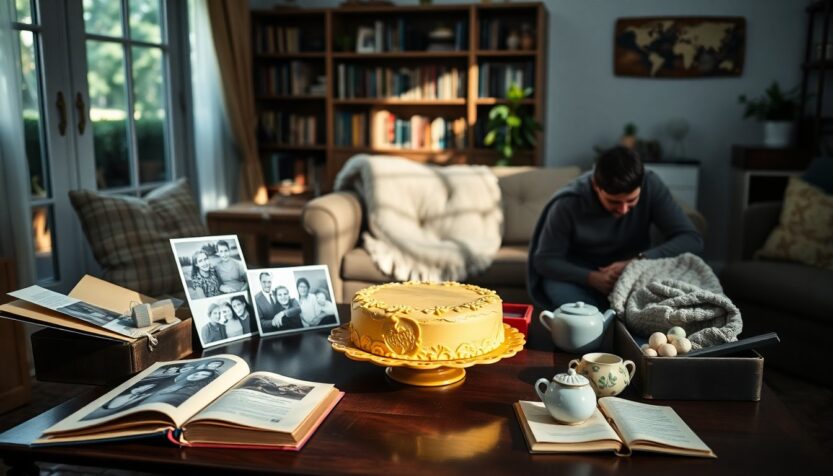Have you ever considered the fate of grandma’s iconic yellow pie plate after she’s no longer around? This seemingly simple question can ignite serious family discussions. As Baby Boomers age and their parents pass away, the distribution of personal belongings often leads to unexpected tensions.
The Challenge of Distribution
With more elderly parents of Baby Boomers passing away or downsizing, a significant issue emerges: how do we manage the personal property and keepsakes accumulated over the years? For many younger individuals today, a mobile lifestyle and smaller living spaces mean that grandma’s pie plate may not hold the same value as it once did. Some may lack the sentimental attachment that older generations have for these items.
Conversely, other family members may cherish these heirlooms, eager to preserve precious memories. This creates a tug-of-war between practicality and sentimentality. How do we strike a balance? The University of Minnesota Extension Service has even published a guide titled Who Gets Grandma’s Yellow Pie Plate?, underscoring the widespread nature of this issue.
Starting the Conversation
Megan Orenstein from the Virginia Cooperative Extension Service recently addressed an engaged audience about the intricacies of inheritance discussions. She noted that many families avoid these conversations due to the uncomfortable nature of discussing death. However, if these topics remain unaddressed, others, such as the state, may make decisions regarding your belongings.
So, how can one approach this delicate subject? Orenstein suggests initiating a plan that involves everyone. If you are spearheading the conversation about your possessions, take time to assess what holds true value for you. Consider the items that resonate emotionally. Who should decide how these cherished items are divided? It is crucial to treat this emotional topic with the sensitivity it deserves.
Defining Fairness and Memory Preservation
Additionally, reflect on what fairness means to you. Should a financially struggling family member receive a larger share, or should everything be divided equally? Consider how you wish to preserve the memories attached to these items. Ultimately, you are responsible for determining how to distribute your belongings, and there are no absolute right or wrong answers.
If a family member resists discussing their future, you may encounter remarks like, “Why are you planning for my death?” In such instances, patience is essential. Emphasize that your intentions stem from love and help them understand the importance of planning, even if it requires time.
Finding Solutions for Everyone
It is easy to adopt an all-or-nothing mindset, which can render these discussions overwhelming. Orenstein advises that every family member will react differently, making it vital to approach these conversations with understanding and gradual progression. Do you find the distribution of personal property after death to be a pressing issue? Perhaps you have a success story or advice to share. Let’s engage in this dialogue.
Moreover, consider those who may not have family to whom they can pass their treasures. The so-called “Elder Orphans” often feel overlooked, particularly regarding the disposition of their cherished items. Many organizations may not accept donations of specific items such as English teacups or crystal. What solutions exist for them?
As we navigate these conversations, it is important to remember that our belongings are merely material objects. Once they are gone, we often do not miss them. What truly matters is the legacy we leave behind and how we ensure that our memories endure in ways that resonate with us.
With more elderly parents of Baby Boomers passing away or downsizing, a significant issue emerges: how do we manage the personal property and keepsakes accumulated over the years? For many younger individuals today, a mobile lifestyle and smaller living spaces mean that grandma’s pie plate may not hold the same value as it once did. Some may lack the sentimental attachment that older generations have for these items.0

